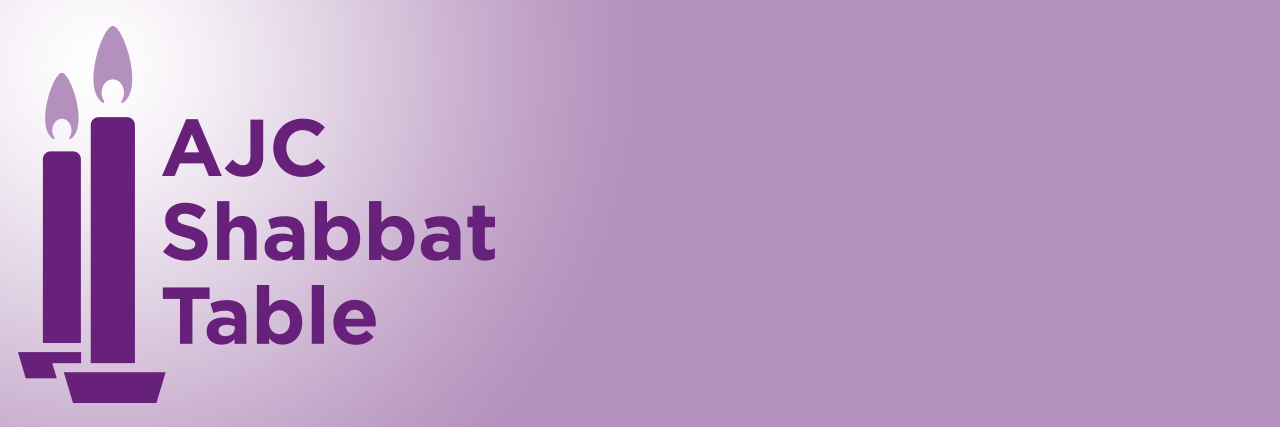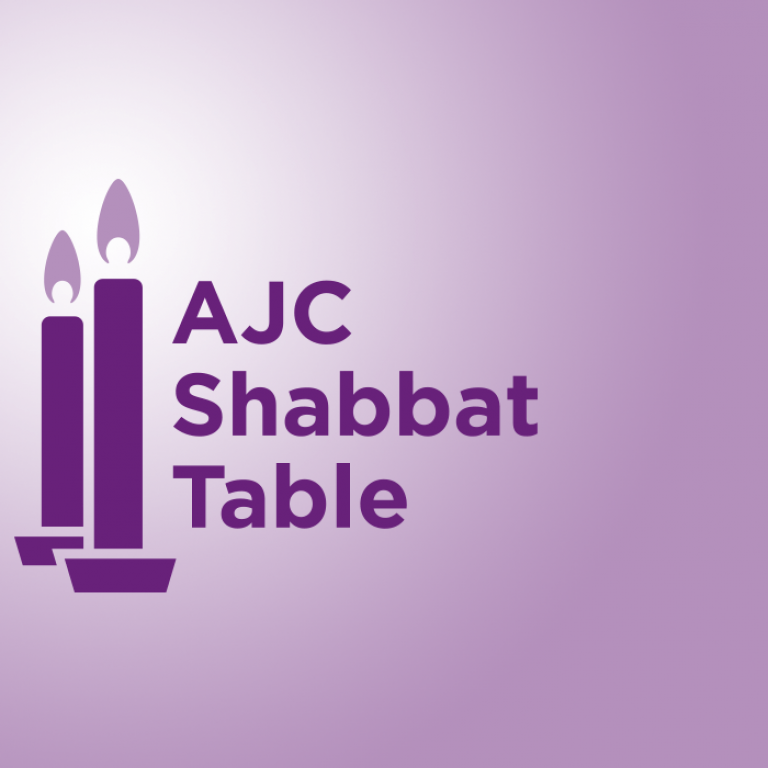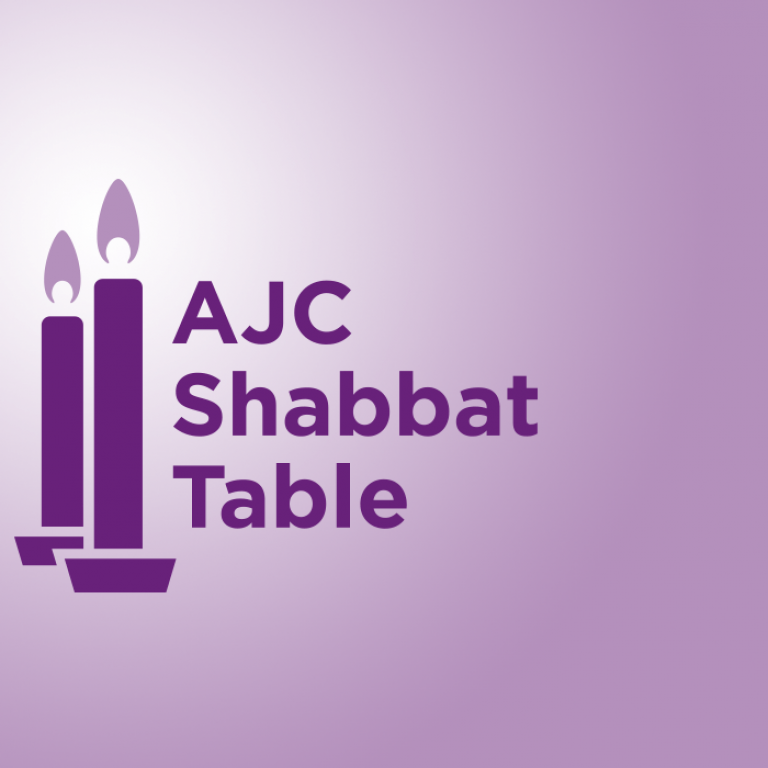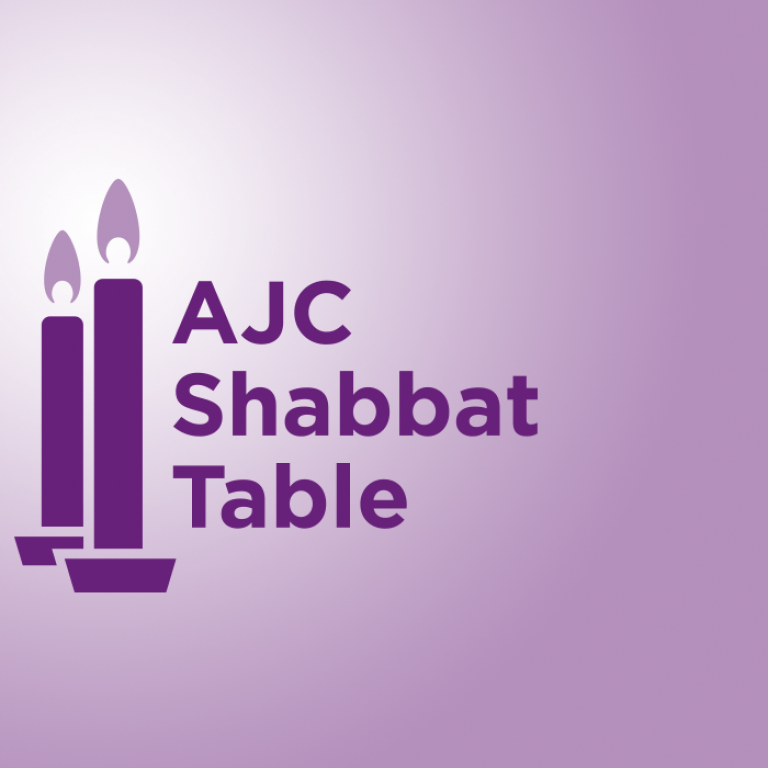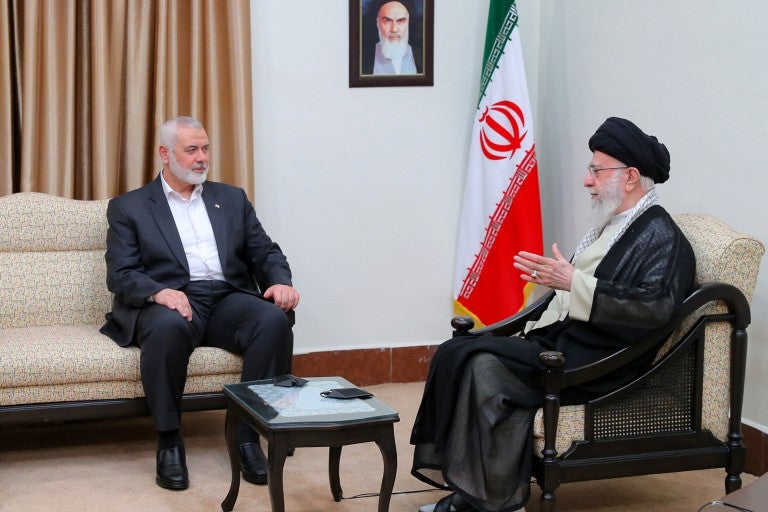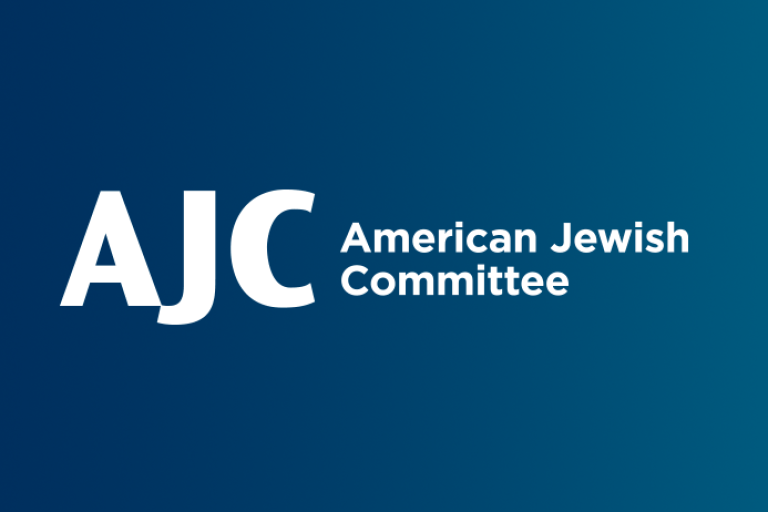December 11, 2020
This Shabbat: Shabbat Hanukkah, Parshat Vayeshev
This Shabbat, we begin four weeks of reading one of the most enthralling stories in the Bible - the story of Joseph. Joseph, the eldest son of Jacob and his beloved Rachel, is sold into slavery by his brothers, who are jealous of Jacob’s clear favoritism of him. But, as we all know well, Joseph goes on to become second in command to Pharaoh in Egypt, and in the end, due to his position, is able to save the lives of the brothers who had once tried to kill him. Each year, the Torah portions that tell the story of Joseph coincide with the holiday of Hanukkah, which provides an interesting contrast. The Biblical story of Joseph is a story of, if you will excuse the anachronistic term, an “assimilated” Jew who saves the Jewish people. Hanukkah, on the other hand, is the story of the victory of Jews who refused to assimilate to the Greek culture around them. While the annual juxtaposition of the Joseph story and Hanukkah is merely due to the calendar and not planned by the rabbis, seeing the stories side by side forces us to think in a nuanced fashion about the Jewish relationship with the external cultures in which we live. With the Joseph story in our heads, we cannot say that being immersed in the world around us is a bad thing. And with the Hanukkah story in our heads, we are proud to stand up for our proud particularistic Jewish identities. There is no question that both Judaism and the Jewish people need a combination of infusion from the outside world and passionate defense of our own uniqueness in order to continue to thrive. As modern Jews living in the twenty-first century, our goal must be to find that elusive place of balance between acculturation and particularism. May this Shabbat Hanukkah help us to think about what that balance should look like for us as individuals and for the Jewish people as a whole.
This Week in Jewish History
December 15, 1961 - Israel sentences Nazi war criminal Adolf Eichmann to death
Adolf Eichmann was a chief architect of the Final Solution, the Nazi plan to murder all of European Jewry. One of the most notorious war criminals of the Nazi regime, Eichmann was arrested after the war and detained in an American internment camp. However because he was not well-known at the time, he managed to escape and flee to Argentina where he lived in hiding under an assumed name and identity for the next 15 years. The Israeli government and other Nazi hunters never gave up their search for Eichmann, and ultimately found him through an incredibly strange coincidence. A Jewish Holocaust survivor named Lothar Hermann, also living in Argentina, inadvertently uncovered Eichmann’s presence there because his daughter Sylvia was dating one of Eichmann’s sons who had retained his father’s infamous last name. Hermann alerted German authorities, one of whom covertly tipped off the Mossad, Israel’s secret intelligence agency. In a top-secret operation, the Mossad abducted Eichmann off the street and brought him back to Israel to be tried for his crimes. Eichmann’s trial, which was among the first in the world to be fully televised, gripped the attention of people all over the world with its horrific testimony about the Nazi murder of six million Jews in the Holocaust. For his part, Eichmann argued that he was nothing more than a bureaucrat who was simply following government orders, a defense which inspired the term “banality of evil,” coined by Jewish philosopher Hannah Arendt, writing for The New Yorker. Eichmann was convicted on December 12, 1961, and sentenced to death three days later on December 15. He is the only person ever to be sentenced to death by an Israeli court. He was hanged on June 1, 1962.
The Eichmann trial had an enormous impact on Israeli society. First, it reaffirmed the notion that Israel saw itself as the representative of the Jewish people around the world and that the Jewish people would stand up for themselves and seek just retribution for crimes committed against them. But perhaps equally as important, the trial opened up a long-overdue conversation about the Holocaust in Israel and around the world. Survivors who had previously been reticent to talk about their experiences became more willing in the aftermath of a trial in which fellow survivors spoke publicly and openly about what had happened to them. The false narrative that Jews went like “sheep to the slaughter” was upended by the increase in understanding of what had actually transpired in the Holocaust and what impact it had had on the survivors. For more about the history-making capture, trial, and execution of Adolf Eichmann, watch this short video.
December 17, 1862 - General U. S. Grant expels Jews from the Department of Tennessee
When the Civil War broke out in 1861, there were only about 150,000 Jews living in America, a tiny drop in the bucket of the American population at the time. Nearly all of these Jews were either immigrants or children of immigrants who embraced America wholeheartedly and acquitted themselves as patriotic and loyal citizens. Northern Jews, which comprised the bulk of the American Jewish population, served in large numbers in the Union army and their Southern coreligionists did the same for the Confederacy. Thus, American Jews were shocked when Union Army General Ulysses S Grant issued General Orders #11 on December 17, 1862. The Orders expelled all Jews from the Department of Tennessee, a Union Army administrative district comprising the states of Kentucky, Tennessee, and Mississippi, stating that “the Jews, as a class” had violated “every regulation of trade established by the Treasury Department.” Some Jews, apparently, had been caught smuggling. Smuggling across the battle lines was a common occurrence during the Civil War, particularly from the North to the increasingly beleaguered and cut-off South. Jews did indeed engage in this illegal enterprise, but so did many other Americans, and yet only the Jews were expelled. Further, the number of Jews who engaged in smuggling was small, and yet the Orders expelled all Jews. Jewish leaders were furious at this affront against their people. Within days, one of those affected by the Orders, a man named Cesar Kaskel, traveled to Washington to register his protest with none other than President Lincoln himself. Lincoln immediately instructed his general-in-chief, Henry Halleck to have the Orders rescinded, and so it was done. Thereafter, Lincoln met with Jewish leaders and affirmed to them that he knew “of no distinction between Jew and Gentile.” He declared that “To condemn a class, is, to say the least, to wrong the good with the bad. I do not like to hear a class or nationality condemned on account of a few sinners.”
It took a long time for Grant to live down the infamy he gained from issuing General Orders #11. Later, during his presidency, Grant went to great lengths to atone for his misdeed. He appointed more Jews to public positions than any prior president and worked to extend American support to persecuted Jews in Eastern Europe. In the end, General Orders #11, which had been one of the darker moments for American Jews, shaped a better future for them. As American Jewish historian Jonathan Sarna wrote, “Paradoxically, Ulysses S. Grant’s order expelling the Jews set the stage for their empowerment.” The story of General Orders #11 not only teaches us the power of Jewish advocacy, but also the importance of the long game. For more on this fascinating chapter in American Jewish history, read this excellent piece by Professor Sarna, who also wrote the book When General Grant Expelled the Jews.
For Shabbat Table Discussion: The New York Times Column About Hanukkah
On December 4, The New York Times published a strange opinion piece titled “Saying Goodbye to Hanukkah.” The piece, by a woman named Sarah Prager who was raised in an interfaith family and is now raising her own children with her wife who is a lapsed Catholic, discusses Prager’s decision to abandon her birth family’s tradition of lighting the menorah on Hanukkah. One wonders what motivated the Times to publish this hodge-podge of confusing and contradictory arguments regarding her decision. Prager claims that she is not religious, but she celebrates Christmas and Easter. She asserts that she’s not Jewish, although she wistfully longs for a connection to her family’s Jewish past and states that “a part of me longs to dust off the menorah that sits in a corner of the basement untouched.” She asserts that parents should not “force” traditions on their children while failing to realize that all parents raise their children with beliefs and traditions, even if those traditions buck those held sacred by the outside world. She closes by saying that her children need “love and connection — no menorah required,” while utterly missing the point that religious traditions can and do walk hand in hand with love and connection. Prager’s article, and perhaps even more so, the Times’ decision to publish it, received near universal condemnation in the Jewish world. Jews on the left and the right, Orthodox and Reform Jews, queer and straight Jews, rabbis and laypeople all wondered aloud why the Times would publish a piece that seemed to contribute little if anything to our societal conversation. Perhaps the best thing to come out of the Times’ ill-advised decision is the vibrant discussion it has generated in the Jewish community about what Hanukkah means to all of us.
Questions for your Shabbat table:
- How did this piece make you feel? Do you relate to Sarah Prager at all? Did her words resonate? Make you angry? Both/neither?
- What do you think motivated The New York Times to publish this piece?
- Why do you think Prager thinks that her celebrations of Christmas and Easter are not rooted in religion but her childhood celebration of Hanukkah was rooted in religion?
- Imagine you are a rabbi of a synagogue in Prager’s neighborhood. Do you think you should reach out to families like hers? Why or why not?
- Can you be a “None” and still have a strong Jewish identity? Why or why not?
In response to Prager’s piece, AJC initiated a social media campaign asking people to share posts about what Hanukkah means to them with the hashtag #WhatHanukkahMeansToMe. Join us in flooding the social media universe with positive messages about the Festival of Lights!
Shabbat shalom and Happy Hanukkah!
שבת שלום וחנוכה שמח!
